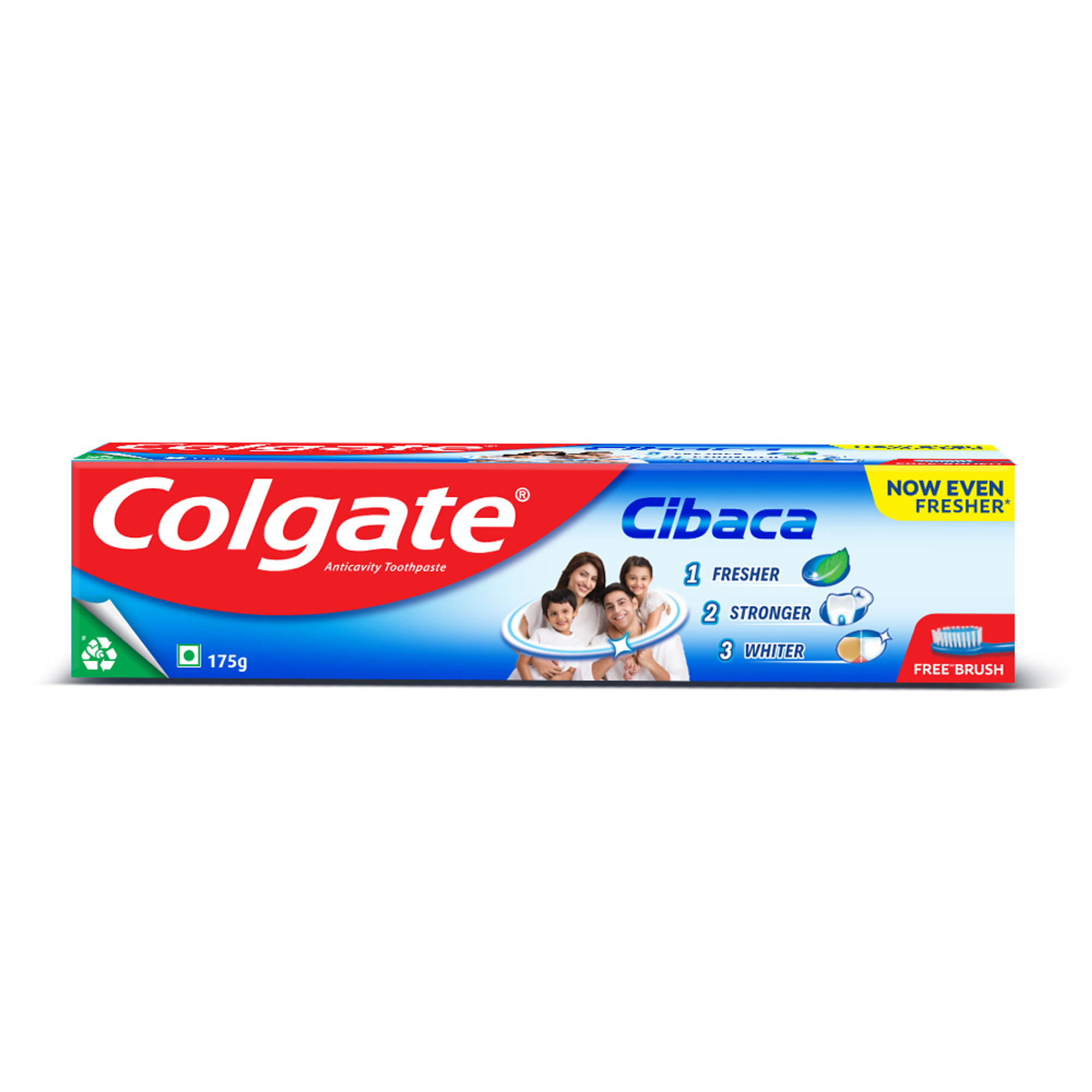Mouth Germs and Bad Breath
Poor oral care causes accumulated germs in dental plaque to emit foul gases that cause mouth odour. As these germs proliferate and metabolise with food particles and attach themselves to the teeth and gums, volatile sulphur compounds (VSC) are produced. These VSCs consist of hydrogen sulphide, methyl mercaptan and other sulphide elements, thus causing a release of gas that adds to the overall odour expelled from the mouth. Oral appliances such as dentures and retainers can harbour additional germs. Good oral care habits, such as brushing and flossing to remove plaque and food particles, should be the principal recommendation for individuals who exhibit signs of poor home care. In addition, germ-killing toothpastes and rinses that can provide lasting germ-killing power.
Infection in the mouth often results from the growth of bacteria. The teeth, gums, bone and surrounding tissues of the mouth can all become infected by different groups of bacteria that vary in scent. Many of these germs produce foul gases that alter taste sensation and cause bad breath. These noxious gases build and release when the mouth is opened and closed during normal daily function. The most effective way to stave off odour from infection is to maintain a regular dental treatment schedule to prevent oral infections such as tooth decay and periodontal disease.
The tongue is often the primary source of germ proliferation. The bumpy surface of the tongue contains many tiny papilla which create small crevices where germs grow and produce sulphuric compounds. Gently removing the bacteria and food debris that live in these small areas often decreases the gas build-up that causes bad breath. Therefore use an innovative toothbrush that effectively removes food and plaque from the teeth and has a tongue cleaner on the back of the brush head, which is specifically designed to be a tool that cleans the teeth, tongue, cheeks and gums. which is specifically designed to be a tool that cleans the teeth, tongue, cheeks and gums.
Food and Bad Breath
Certain foods emit scents that are unpleasant both alone and as the body processes them for digestion. Foods such as garlic, onions, spicy compounds and coffee affect a person's breath and glands as they travel through the digestive system. Care should be taken to freshen breath until the chemical contents of these foods are completely expelled from the body. Use breath fresheners such as sugar-free gums and mints to mask the scent of foods without affecting the health and strength of teeth and oral tissues.
Medical Issues and Bad Breath
Xerostomia, also known as dry mouth, results from the insufficient production of saliva. The mouth needs saliva to cleanse and protect it from acid build-up and germs. Saliva rinses away dead skin cells from the mouth throughout the day, but it can be depleted by certain medications, mouth breathing, illnesses affecting the salivary function and age. Many people experience temporary dry mouth when they are nervous or dehydrated. A dentist can assess the quality and quantity of saliva to determine whether xerostomia is contributing to an individual's bad breath.
Stomach conditions such as heartburn, acid reflux, gastroesophageal reflux disease (GERD) and gas can also cause bad breath. Gases that are released from the stomach result in unpleasant tastes and smells in the mouth. Treatment for these conditions may require referral to a medical doctor, but the dental professional could very well be the first medical provider to see the patient's symptoms. People who have post nasal drip and mouth breathe at night can also experience bad breath.
The first step toward treating halitosis is to recognise the symptoms of bad breath. Discussing these symptoms with a dental professional can prevent embarrassing social situations and help to maintain oral health.
This article is intended to promote understanding of and knowledge about general oral health topics. It is not intended to be a substitute for professional advice, diagnosis or treatment. Always seek the advice of your dentist or other qualified healthcare provider with any questions you may have regarding a medical condition or treatment.
ORAL HEALTH QUIZ
What's behind your smile?
Take our Oral Health assessment to get the most from your oral care routine
ORAL HEALTH QUIZ
What's behind your smile?
Take our Oral Health assessment to get the most from your oral care routine













